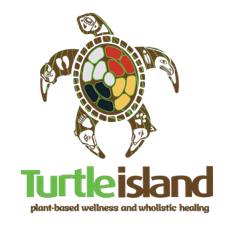Fresh, affordable food should be a right, not a privilege. (Part 3)
 Welcome back!
Welcome back!
In the first two parts of this series, I reviewed the ineffective Nutrition North Subsidy Program and our Mission / Vision here at First Nation Growers. In this third and final part, I’ll discuss the solution.
Many of the key issues that are of greatest concern for Indigenous peoples in Canada today are complex and inexorably intertwined – so much so that government, researchers, policy makers and First Nation leaders seem hamstrung by its enormity.
First Nation Growers has a mission to empower First Nation communities toward a nutritionally improved, healthy future in providing every indigenous community with an opportunity to grow their own year round, indoor, natural, fresh produce, vegetables, fruits, herbs and traditional medicines to service their own First Nation and Inuit communities, their members and their member’s children, from within their own community, through their own First Nations self government community programs and community owned and operated year round Fresh Garden Farming Markets.
No other company to date, that we are aware of, has offered Indigenous and Inuit people an alternative, affordable, year-round 4 seasons,fresh foods contributing solution. First Nation Growers is dedicated to taking this problem head on.
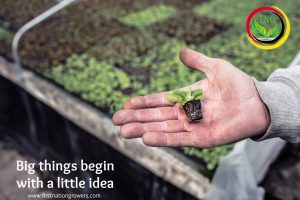 FNG is addressing important Indigenous daily health and community nutritional needs in providing an environmentally friendly, financially viable and sustainable, attractive, cold, climate, year round, indoor fresh foods growing solution for every indigenous community, living in our more remote sub-zero, time restricted, growth unfriendly, geographical locations.
FNG is addressing important Indigenous daily health and community nutritional needs in providing an environmentally friendly, financially viable and sustainable, attractive, cold, climate, year round, indoor fresh foods growing solution for every indigenous community, living in our more remote sub-zero, time restricted, growth unfriendly, geographical locations.
First Nation Growers through our “Community Fresh Garden Farm Markets” program, is a proponent of Aboriginal self-government as one key to unlocking the future well-being and nutritionally rich betterment of our Indigenous peoples. Timing is everything and our First Nation Growers “Community Fresh Garden Farming Market” technology has come of age, and is well positioned to contribute to improved indigenous community social development, with the improved health and future well-being of our Indigenous and Inuit peoples in providing affordable, quality, fresh foods for every First Nations and Inuit community.
First Nation Growers goal is to is to nutritionally empower our Indigenous communities and their peoples.

Dawn Tabobondung, Chief Executive Officer
Dawn Tabobondung is a proud member of Wasauksing First Nation and the Chief Executive Officer of First Nation Growers. First Nations Growers builds indoor “Community Garden Market Farms” that provide Indigenous & Inuit communities with a financially viable, year round opportunity to grow their own nutritionally rich fresh produce and foods. Be sure to follow First Nation Growers on Facebook.
“Indigenous indoor fresh foods farming today for a healthy tomorrow”



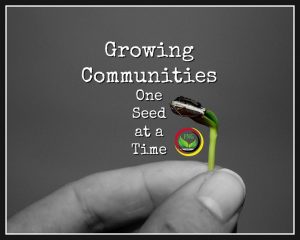
 The social conditions of Aboriginal Peoples in Canada vary greatly according to place of residence, income level, family health and daily nutrition, cultural factors and Aboriginal classification (First Nations, Métis and Inuit). Areas of particular social concern include housing, employment, education, justice, health and nutrition, and family and cultural growth.
The social conditions of Aboriginal Peoples in Canada vary greatly according to place of residence, income level, family health and daily nutrition, cultural factors and Aboriginal classification (First Nations, Métis and Inuit). Areas of particular social concern include housing, employment, education, justice, health and nutrition, and family and cultural growth.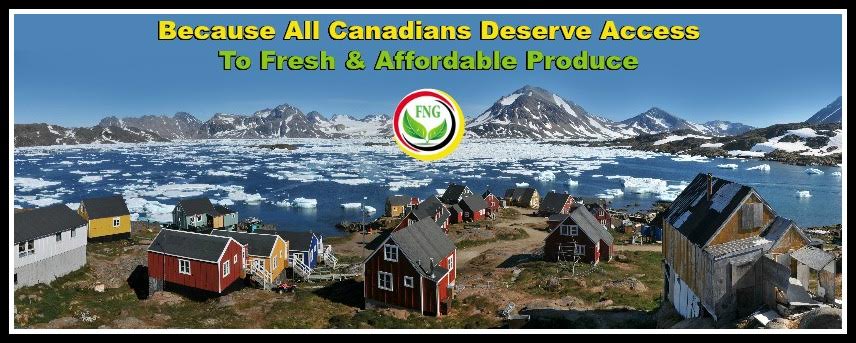

 The NNC is a government program that is supposed to subsidize the high costs of transporting food to remote communities. I’ve been told repeatedly – by the people suffering the most – that the Subsidy Program simply doesn’t work well, has not for years and needs radical change in order to work properly for our most remote Indigenous communities.
The NNC is a government program that is supposed to subsidize the high costs of transporting food to remote communities. I’ve been told repeatedly – by the people suffering the most – that the Subsidy Program simply doesn’t work well, has not for years and needs radical change in order to work properly for our most remote Indigenous communities.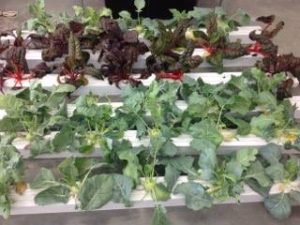 At First Nation Growers, we take great pride in being a friend of the Anishinabek, helping other communities where we can. Our mission is to work directly with various First Nation leaders so their communities can produce their own year-round fresh produce and other natural foods locally. FNG, along with our Canadian Manufacturing Partners, are so very proud our progress toward our goal of helping provide better year round nutritional streams to our most remote Indigenous communities across Canada.
At First Nation Growers, we take great pride in being a friend of the Anishinabek, helping other communities where we can. Our mission is to work directly with various First Nation leaders so their communities can produce their own year-round fresh produce and other natural foods locally. FNG, along with our Canadian Manufacturing Partners, are so very proud our progress toward our goal of helping provide better year round nutritional streams to our most remote Indigenous communities across Canada.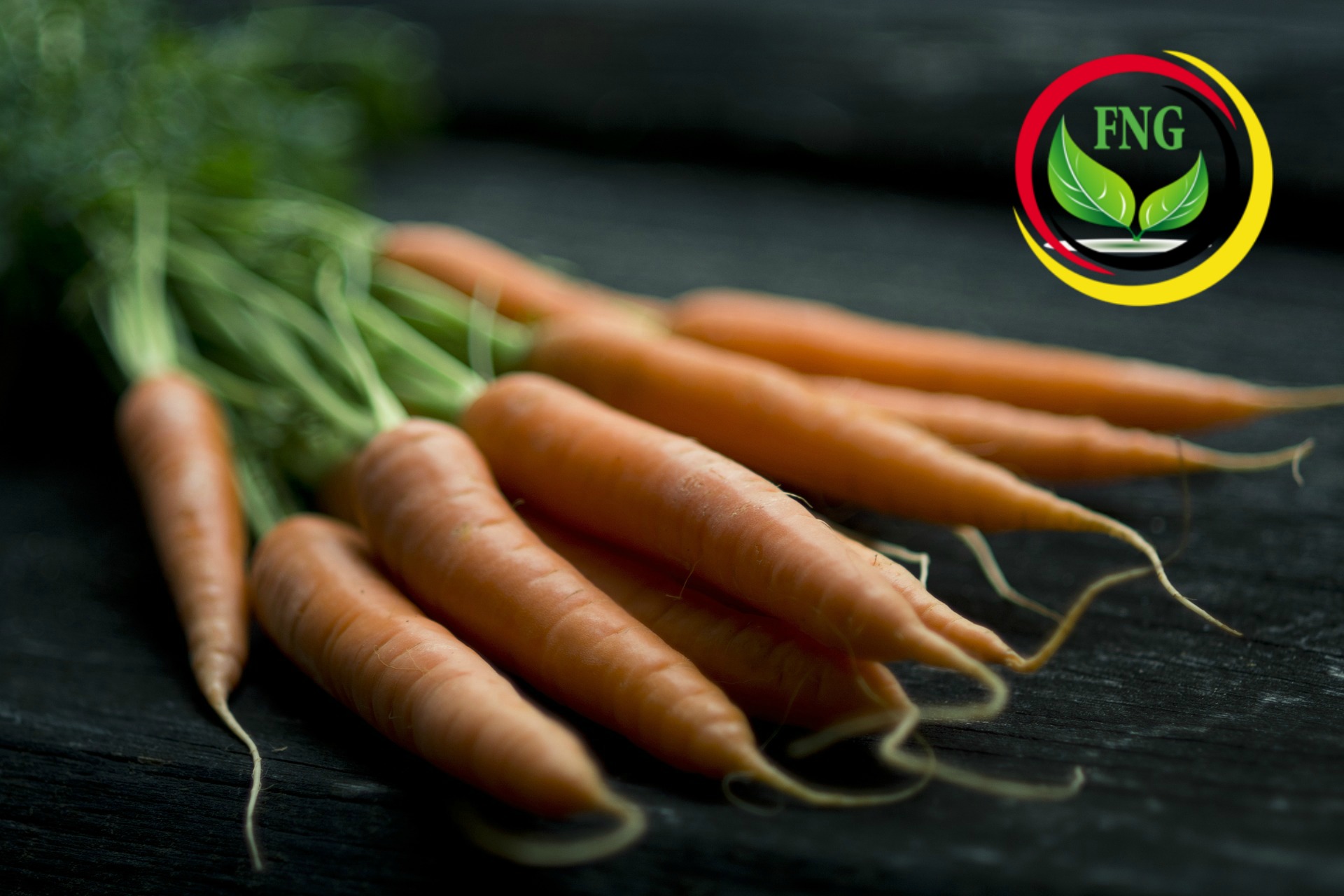
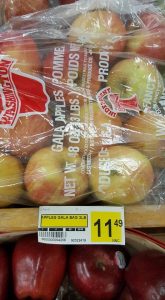
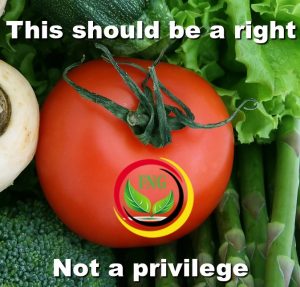 at prices all can afford.
at prices all can afford.